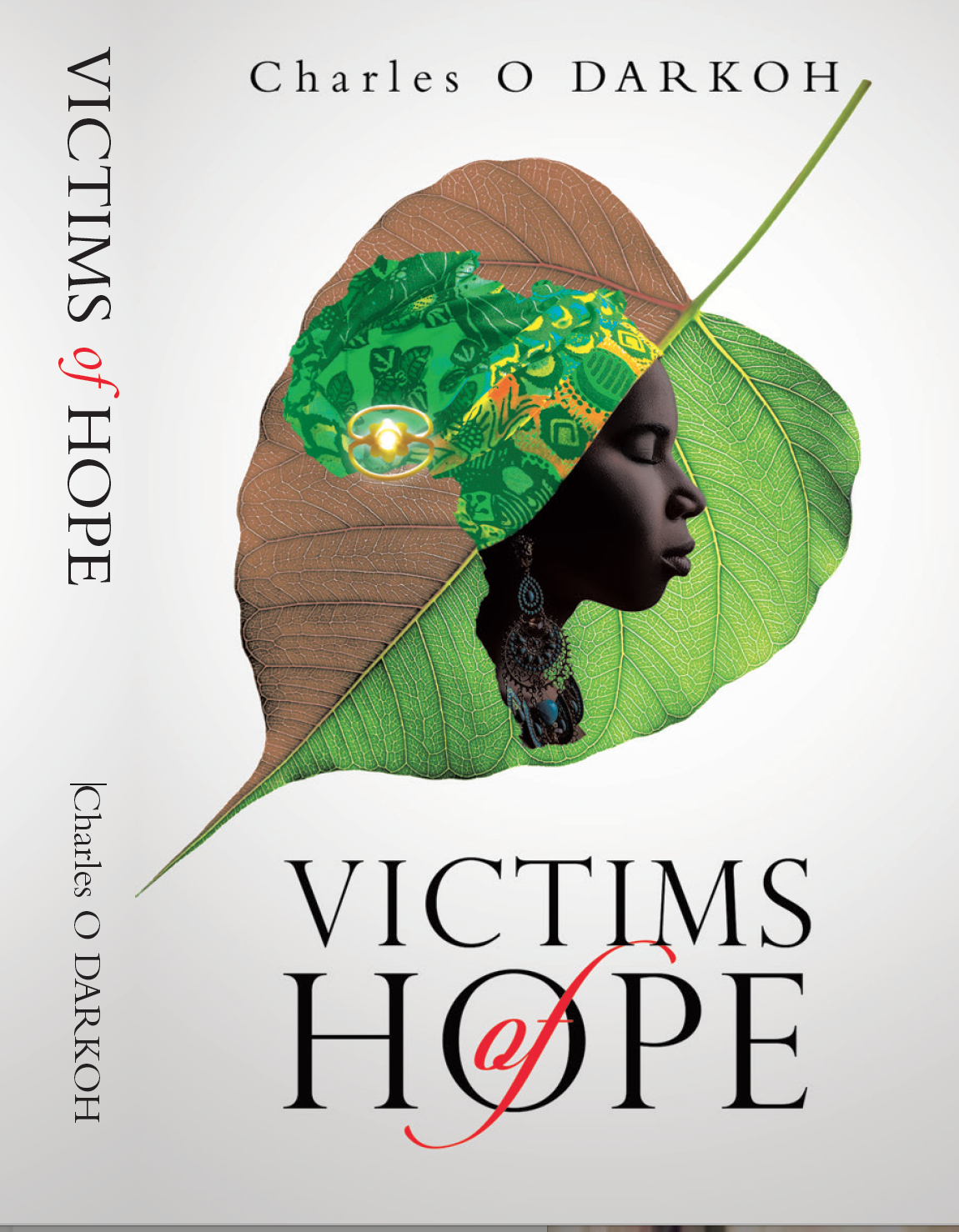About The Book
She grows up in a village in Ghana. Efia questions the things around her but she must learn to live with the rich but rigid culture. When she boards the flight to pursue a law degree at Harvard, little does she know what shocking punches life will throw at her in Boston. She returns home armed with a Law Degree, only to realize there is so much more to life in Africa, than her “book knowledge”.
Efia falls for Big Joe. He is a great lover but he comes with great trouble. Is he also dating the only daughter of one of the wealthiest men in Ghana, the ruthless Alhaji Yusif? Alas, Efia is already pregnant.
Alhaji is not one to forgive… He does not.
Ansah, Efia’s brother steps in with a plan. His sister does not deserve this.
The yam that will burn, will burn boiled or roasted.
About The Author(s)
Charles Ohene Darkoh is a proud son of Ghana who believes in his personal heritage and also cherishes his love for the multiculturalism and beauty of Africa. He is a practicing Physician and also holds a Master of Laws Degree. He is very passionate about Mental Health, especially as it relates to Africa. He enjoys reading and writing fiction and other subjects. He hopes to use the power of fiction to highlight various health and socio-cultural challenges in Africa, in a light and digestible style.

Author Q&A
1. What inspired you to write this book?
I actually did not intend to write a book. I was relaxing one Summer afternoon and suddenly felt the urge to put pen to paper, and started writing. Deep down though, I have a grave concern about how mental health, cultural and women’s issues are still not giving the needed attention they deserve, especially in Africa.
2. Why did you decide to publish?
I wanted to share this passion and increase awareness of these issues, with the world via a cultural lens.
3. Tell me something not in the synopsis.
Africa has a very rich culture, and especially in Ghana there is a lot of non-verbal ways of communicating culturally. Tribal marks on various parts of the body may reflect identity and even carry a message. Females wearing waist beads, men carrying spears all convey specific messages. There are the talking drums, used in a vast array of situations. The size and colours of the umbrella on a chief tells you a lot about them. The patterns on a traditional African Print has a name and meaning and would be worn to reflect an occasion. The style of dancing symbolizes how the dancer feels. Even thestyle of the headgear worn by an African woman may send a message and tell a story. The list is endless.
In Victims of Hope, the Adinkra Symbol, which is a philosophical and historical expression of wisdom and heritage of the Akan people of Ghana has been used. The Symbol of Hope, paired with a Ghanaian proverb that reflects the Chapter.
